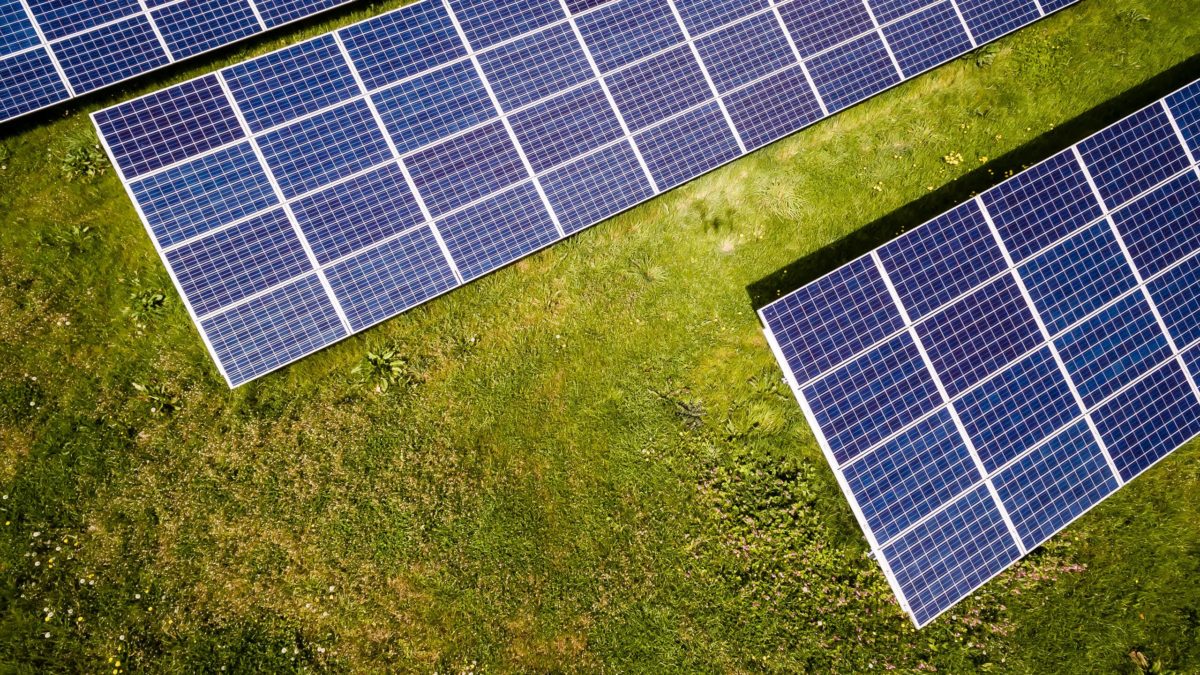State-owned solar panel glass manufacturer Irico New Energy was able to swallow an undersold shares issuance and the RMB2.57 million (US$396,000) impairment hit of an abandoned production project last year as second-half prices leapt 70%.
The shortage of materials needed to feed the insatiable global demand for solar modules saw the China Electronics Corp-owned glassmaker bank a net profit for shareholders of RMB220 million (US$33.9 million) in 2020, up from RMB93.1 million a year earlier.
Irico's annual report revealed the profit surge came on the back of a rise in revenue, from the RMB2.25 billion generated in 2019 to RMB2.52 billion, as prices and profit margins rose.
Undersold
The company was able to shrug off the planned RMB2.3 billion issuance of H-shares, prepared in 2019, which in the event generated only a net HK$1.44 billion (RMB1.2 billion/US$185 million), as business improved later in 2020, and is already laying plans for an issue of A-shares.
The related setback of the abandonment of the third phase of a production expansion project in Xianyang – which was set to be financed by that fundraising exercise – also appears likely to be cast into the shade with Irico New Energy announcing plans in January to establish 10 glass furnaces and associated production lines in Shangrao City. Construction of the initial, three-line phase of that project was slated to have started last month, according to today's annual report, although pv magazine reported last month it was due to begin in the first half of next year.
Most of the numbers in the annual report moved strikingly in the right direction, including current liabilities tumbling from RMB4.19 billion (US$645 million) in 2019 to RMB2.82 billion at the end of last year.
Though the value of the inventories fell RMB9.43 million, the good times in the industry were reflected by the fact Irico paid out only RMB3.97 million in severance payments last year, after a RMB9.54 million redundancy bill a year earlier.
Even with ‘agency fees' leaping from RMB2.94 million in 2019 to RMB15.5 million; insurance costs rocketing from RMB411,000 (US$63,300) to RMB5.47 million; rent and property fees climbing from RMB840,000 to RMB1.35 million, and commission payments going up from RMB1.05 million to RMB4.02 million, there was little to be doleful about in an otherwise glowing 12-month report.
This content is protected by copyright and may not be reused. If you want to cooperate with us and would like to reuse some of our content, please contact: editors@pv-magazine.com.




By submitting this form you agree to pv magazine using your data for the purposes of publishing your comment.
Your personal data will only be disclosed or otherwise transmitted to third parties for the purposes of spam filtering or if this is necessary for technical maintenance of the website. Any other transfer to third parties will not take place unless this is justified on the basis of applicable data protection regulations or if pv magazine is legally obliged to do so.
You may revoke this consent at any time with effect for the future, in which case your personal data will be deleted immediately. Otherwise, your data will be deleted if pv magazine has processed your request or the purpose of data storage is fulfilled.
Further information on data privacy can be found in our Data Protection Policy.